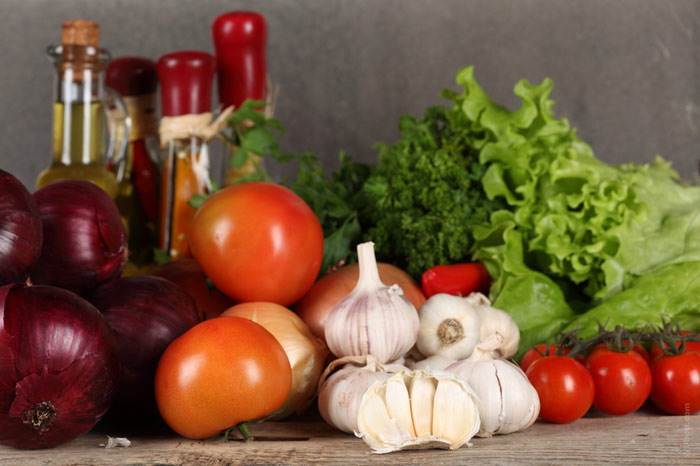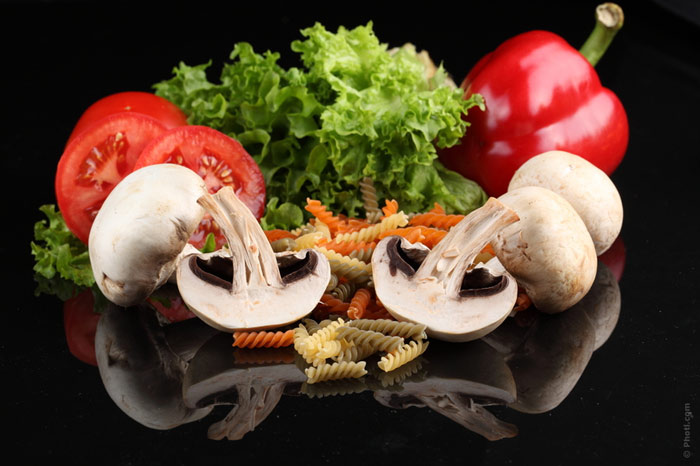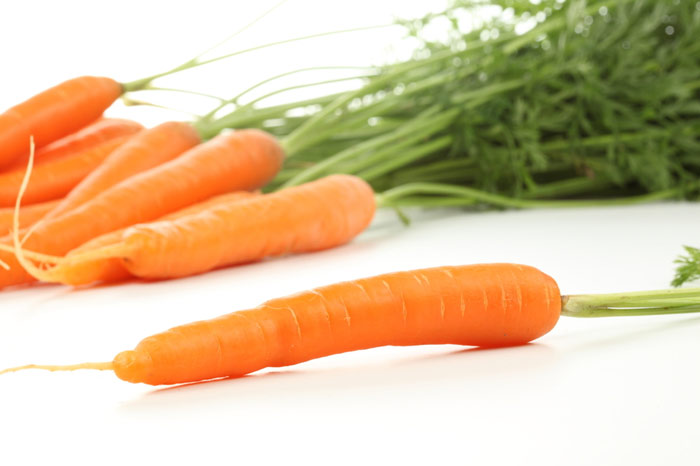Antioxidants are the best friends of those who love to take care of their youth and health. In our article, we can offer an overview of the most effective anti-aging components, which definitely should not be ignored.

Surely, everyone has heard about the benefits of antioxidants: they are talked about in medical magazines and programs, and nutritionists and cosmetologists advise consuming foods rich in antioxidants to maintain youth and improve health. We have compiled a list of the most powerful antioxidants and can tell you what foods you will get them from.
How do antioxidants work?
When oxygen enters the cells of our body, it acts as an oxidizing agent, significantly changing the cellular structure, which can trigger harmful processes in the body. However, antioxidants prove to be helpful – these molecules prevent dangerous reactions caused by free radicals.
We can say that antioxidants are a kind of body shield that strengthens the immune system and prevents the development of chronic diseases. In addition, they help to slow down the aging process and improve the condition of the skin and hair.
Perhaps the most well-known source of antioxidants is vitamin C, which can be found not only in certain foods but also in cosmetics. However, the list does not end there – there are more powerful antioxidants, and here are some of them.
Coenzyme Q10
Coenzyme Q10 is one of the most powerful antioxidants. It affects metabolic and anti-aging processes, strengthens the immune system, breaks down fats, reduces the risk of developing cancer, and increases overall body tone.
In a young body, it is contained in sufficient quantities, but with age, its level begins to reduce to zero. Coenzyme Q10 is found in fish, legumes, eggs, but, unfortunately, eating food fortified with it is not always enough to compensate for the deficit.
Special supplements which can be purchased at pharmacies and health food stores can help you if you consult with a nutritionist.
Selenium

Selenium is also considered to be one of the most powerful antioxidants, but you should be careful with it – in no case should you take more than the daily dose since it can have a toxic effect in excess.
It is better for nursing mothers and pregnant women to use it as part of vitamin and mineral complexes.
Nevertheless, the benefits of selenium have been proven by science more than once: in addition to being considered a beauty vitamin, this component has a positive effect on the reproductive system, thyroid function and helps the body get rid of accumulated heavy metals (lead and mercury).
In order not to take selenium in the form of supplements, you can include in the diet such foods as sea fish (especially mackerel), beef liver and kidneys, sunflower seeds, garlic, mushrooms, and Brazil nuts.
Flavonoids
Do not be alarmed by this incomprehensible name – it just means a plant pigment that gives berries and fruits their bright color. Tomatoes, apples, blueberries, dark grapes, and various citrus fruits have high levels of flavonoids. However, this antioxidant can be found not only in plant foods – but it is also found in green tea and even chocolate.
Why are flavonoids so useful? Several points can be highlighted here. First, they have the ability to increase collagen production, thereby maintaining healthy skin. Secondly, they protect the nervous system from the harmful effects of radicals. Thirdly, they reduce the risk of cardiovascular disease and improve blood circulation in the vessels and veins (see also: “What to eat for vascular health”).
Curcumin
People in Indonesia and India have been eating curcumin long before the world knew the word antioxidant. With its help, it is possible not only to strengthen the immune system but also to prevent the development of cardiovascular and nervous diseases and to protect the cells of the body from the destructive influence of the environment.
In addition to adding curcumin to meals, you can take it additionally in the form of dietary supplements (its concentration is much higher there).
Beta-Carotene

This plant pigment from the group of carotenoids is also called provitamin A. It is considered one of the most powerful antioxidants that can be obtained from food: it not only strengthens the body’s immunity but also reduces optic nerve fatigue, therefore, by adding beta-carotene to your diet, you can slightly correct visual acuity.
With the regular use of products with beta-carotene, the risk of developing cancer is significantly reduced, excess cholesterol is removed, and the work of the heart muscle is normalized.
This antioxidant is abundant in carrots, pumpkins, sweet potatoes, mangoes, and parsley. They are best eaten raw, as they may lose their beneficial properties during heat treatment. If, for some reason, you are unable to consume these foods, purchase beta-carotene in dry form and take it as a supplement.
Lycopene
Lycopene, like beta-carotene, also belongs to carotenoids. With its help, the body gets rid of cholesterol and strengthens the walls of blood vessels. In addition, it improves skin color, regulates water balance and even strengthens UV protection.
Watermelon contains a huge amount of lycopene. Summer is the best time to include this antioxidant in your diet. It can also be found in ripe tomatoes, red peppers, and radishes.
If you decide to use antioxidants in the form of dietary supplements, be sure to consult with your doctor to adjust the dosage you need.










